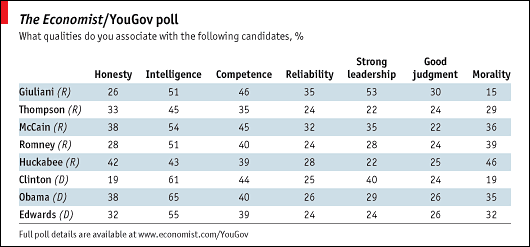The incredibly productive Kragen Sitaker, in Exegesis of “Re: [FoRK] Calling [redacted] and all the ships at sea.”:
The major political issue of today [0] is that music distribution companies based on obsolete physical-media-distribution models (“record labels”) are trying to force owners of new distribution mechanisms, mostly built on the internet, to pay them for the privilege of competing with them; the musical group “The Grateful Dead” used to permit their fans to distribute their music by making copies of taped performances, and most of the money the Dead made came from these performances; it is traditional for performances not to send any revenue to the record label. Long compares the record labels to buggy-whip manufacturers, who are the standard historical symbol for companies who went out of business because of technological change.
This clearly relates to the passage the footnote is attached to, which is about the parallel between Adam Smith’s economic “invisible hand” and the somewhat more visible hand that wrote the king’s doom on the wall in Daniel; in this case, the invisible hand has written the doom of the record companies on the wall, and their tears will not wash out a word of it. What this has to do with Huckleberry Finn’s prohibition on seeking symbolism or morals in the book, I don’t know, although clearly Huckleberry Finn’s prohibition relates to mortals hiding messages in texts.
[0] Yes, this means I think this is more important than the struggle over energy, or the International Criminal Court, or global warming, or nuclear proliferation — the issue is whether people should be permitted to control the machines they use to communicate with one another, in short, whether private ownership of 21st-century printing presses should be permitted. (Sorry my politics intrude into this message, but I thought “the major political issue of today” required some justification, but needs to be there to explain the context to people reading this message who don’t know about it.)
That will probably seem a pretty incredible claim, but I often agree, and think Sitaker understates the case. Music distribution companies are only one of the forces for control and censorship. The long term issue is bigger than whether private ownership of 21st-century printing presses should be permitted. The issue is whether individuals of the later 21st-century will have self-ownership.
